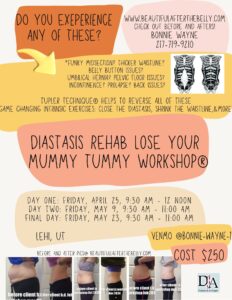So, I got this latest study by email, and YIKES!!! I thought this one was important to pass on. If you are planning to have more kids or are pregnant, or have friends that are pregnant, this is important to pass on so people can make informed decisions!!!
The use of antibiotics during premature labor may increase an infant’s risk of developing cerebral palsy, according to a study conducted by researchers from Oxford University.
“This highlights the importance of fully understanding both the immediate and long-term impact of the care and treatment that both mother and baby receive at this crucial time,” said a spokesperson for the infant care nonprofit Bliss.
In 2001, the largest study of premature labor in history (known as ORACLE) concluded that the antibiotics erythromycin and co-amoxiclav could reduce negative infant outcomes in some cases of premature labor – namely, cases in which the mother’s water had already broken.In the new study, researchers followed up on the children from the ORACLE study at the age of seven and examined their rates of cerebral palsy and related problems.
Cerebral palsy refers to a variety of physical disabilities caused by damage to the brain during early development. Up to 50 percent of cerebral palsy cases arrive in premature infants (those delivered before 37 weeks of gestation).The researchers found no negative effects among children of women who had been given antibiotics after their waters had broken.
But among the rest of the children, use of either antibiotic significantly increased the risk of physical or mental impairment, and more than doubled the risk of cerebral palsy.
While only 2 percent of premature infants whose mothers had not been given antibiotics developed cerebral palsy, 5 percent of those whose mothers were given both antibiotics did.
The researchers said that antibiotics probably do not damage the infant directly, but may contribute to the risk of cerebral palsy by artificially extending gestation.”We have a suspicion that infection is implicated in premature labor,” researcher Peter Brocklehurst said. “Antibiotics may merely suppress levels of infection to stop preterm labor, but the baby remains in a hostile environment.”
Health professionals emphasized that the study findings should not make pregnant women with severe infections afraid to use antibiotics, as such infections can also severely harm an unborn child.


